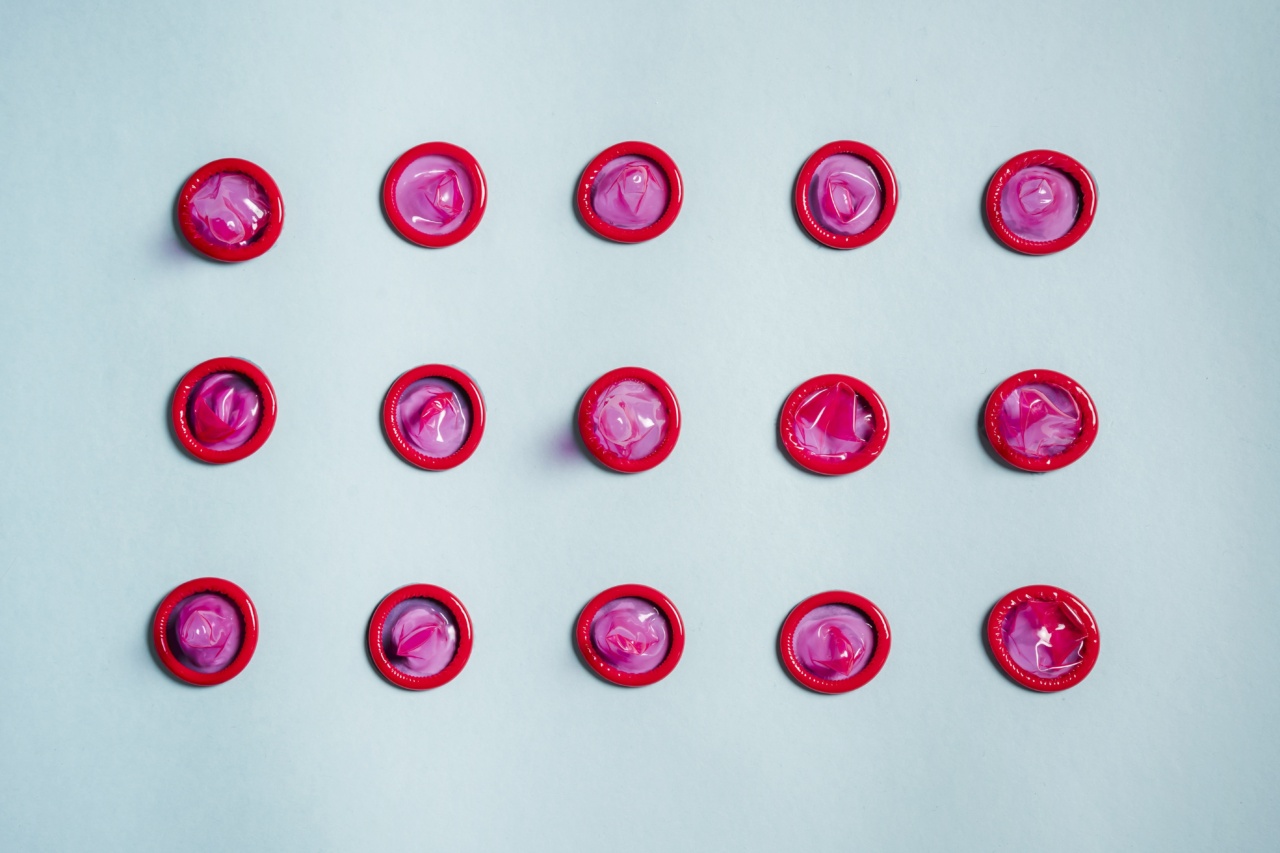Kidney stones are solid masses that form in the kidneys when there is an excess of certain substances in the urine. They can cause severe pain and discomfort.
While there are various factors that can contribute to the formation of kidney stones, many people wonder if there is a recommended number of times to have sex to prevent kidney stones. In this article, we will explore this topic and provide insights into the relationship between sexual activity and kidney stone prevention.
Understanding Kidney Stones
Kidney stones are typically made up of calcium, oxalate, and other substances that can accumulate in the kidneys. The size of kidney stones can vary, with some being as small as a grain of sand and others as large as a golf ball.
Although the exact cause of kidney stones is often unknown, several factors can increase the risk of developing them.
The Role of Sexual Activity
Sexual activity has been suggested to have a potential impact on kidney stone formation. Some studies have shown a possible link between sexual activity and a decreased risk of developing kidney stones.
However, it is important to note that these studies have been largely inconclusive, and more research is needed to establish a definitive relationship.
The Importance of Hydration
One of the primary risk factors for kidney stone formation is dehydration. Insufficient water intake can lead to concentrated urine, which increases the chances of crystals forming in the kidneys.
Staying adequately hydrated is crucial for preventing kidney stones, regardless of sexual activity.
Dietary Considerations
Your diet plays a significant role in kidney stone prevention. Certain foods can contribute to the formation of kidney stones, while others can help reduce the risk.
Foods high in oxalate, such as spinach, chocolate, and nuts, should be consumed in moderation. On the other hand, calcium-rich foods, such as dairy products, can actually help prevent kidney stones when consumed alongside foods high in oxalate.
Exercise and Physical Activity
Regular physical activity has numerous health benefits, including reducing the risk of developing kidney stones. Exercise can help promote healthy urine volume and decrease the concentration of stone-forming substances in the kidneys.
Engaging in a regular exercise routine is recommended as a part of overall kidney stone prevention.
Medical Interventions
In some cases, medical interventions may be necessary to prevent kidney stone formation.
Depending on the individual’s specific situation, a healthcare professional may recommend medication to decrease the risk of stone formation or suggest dietary modifications tailored to their needs. It is crucial to consult with a healthcare provider for personalized advice.
Conclusion
While the relationship between sexual activity and kidney stone prevention is not fully understood, it is clear that maintaining adequate hydration, following a balanced diet, and engaging in regular physical activity are essential for reducing the risk of kidney stone formation. It is always advisable to consult with a healthcare professional for personalized recommendations based on your specific health needs.































